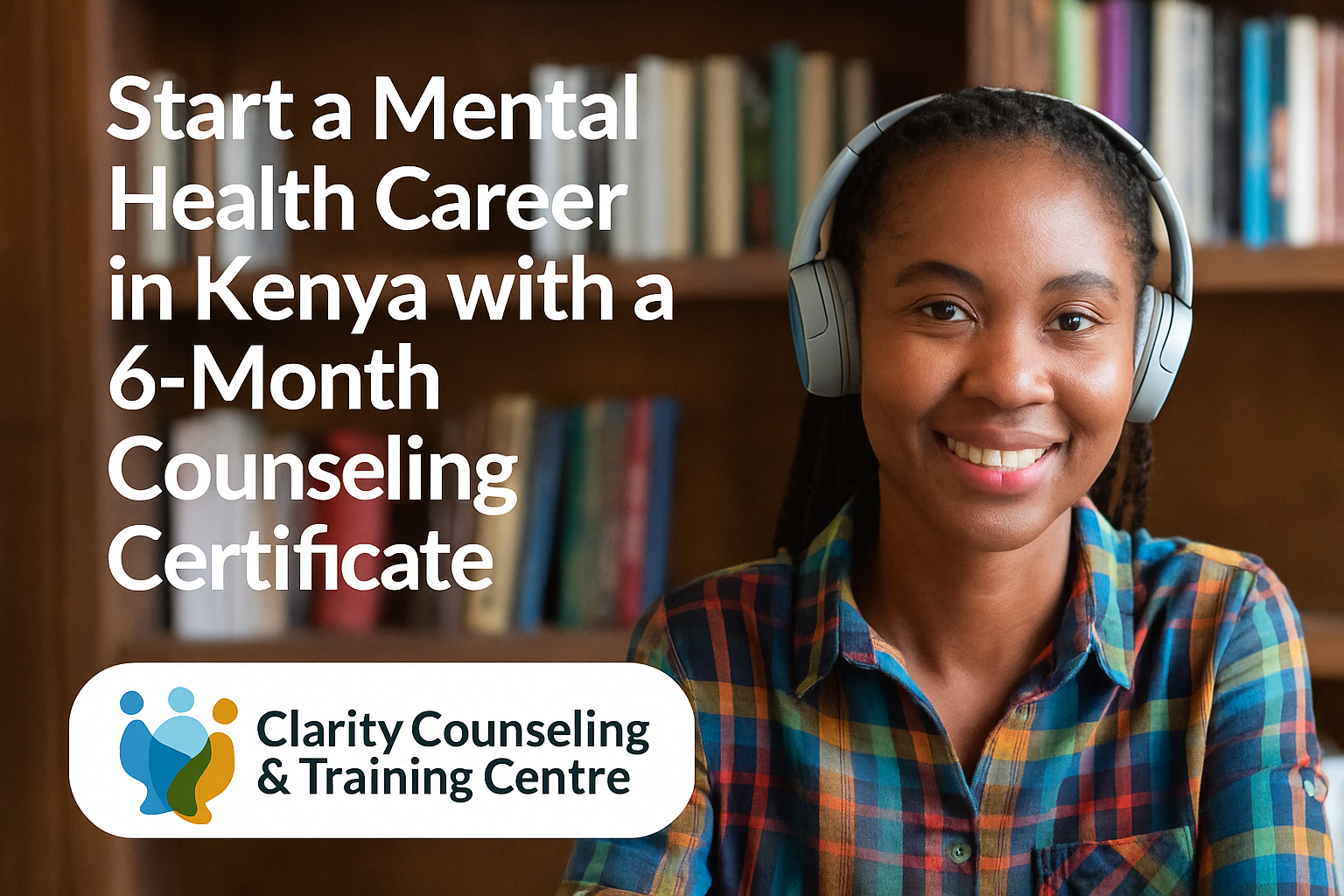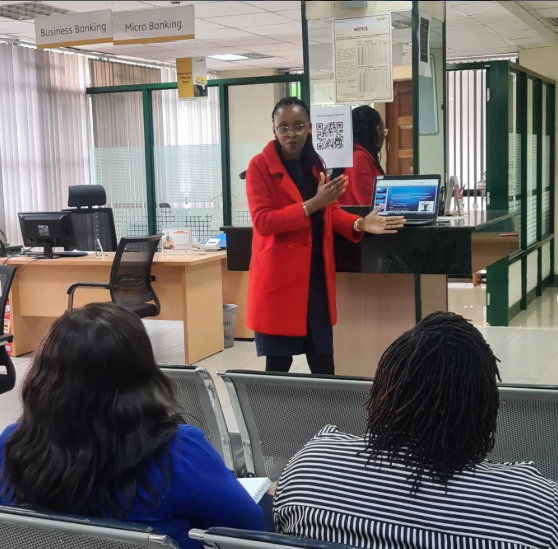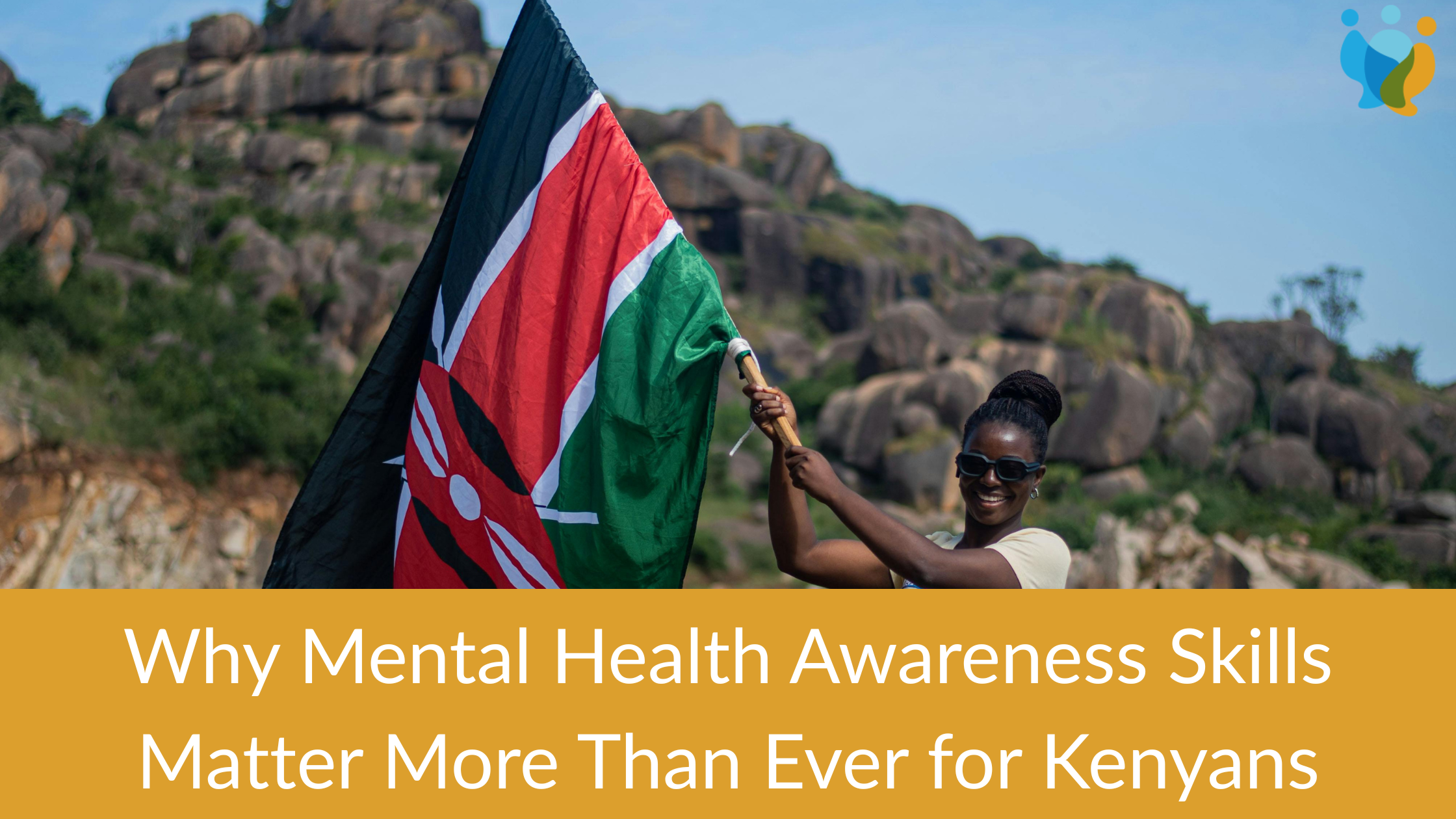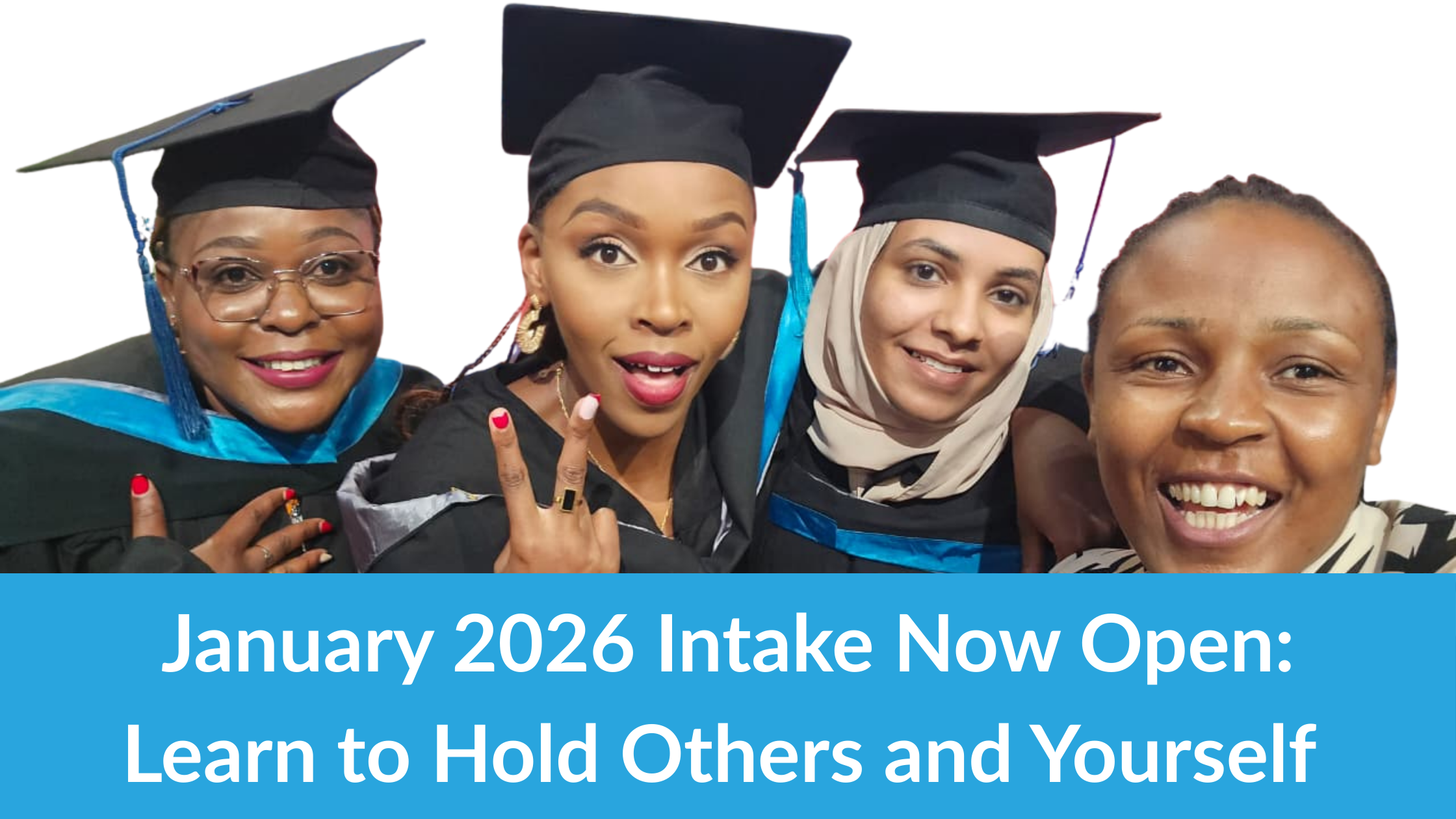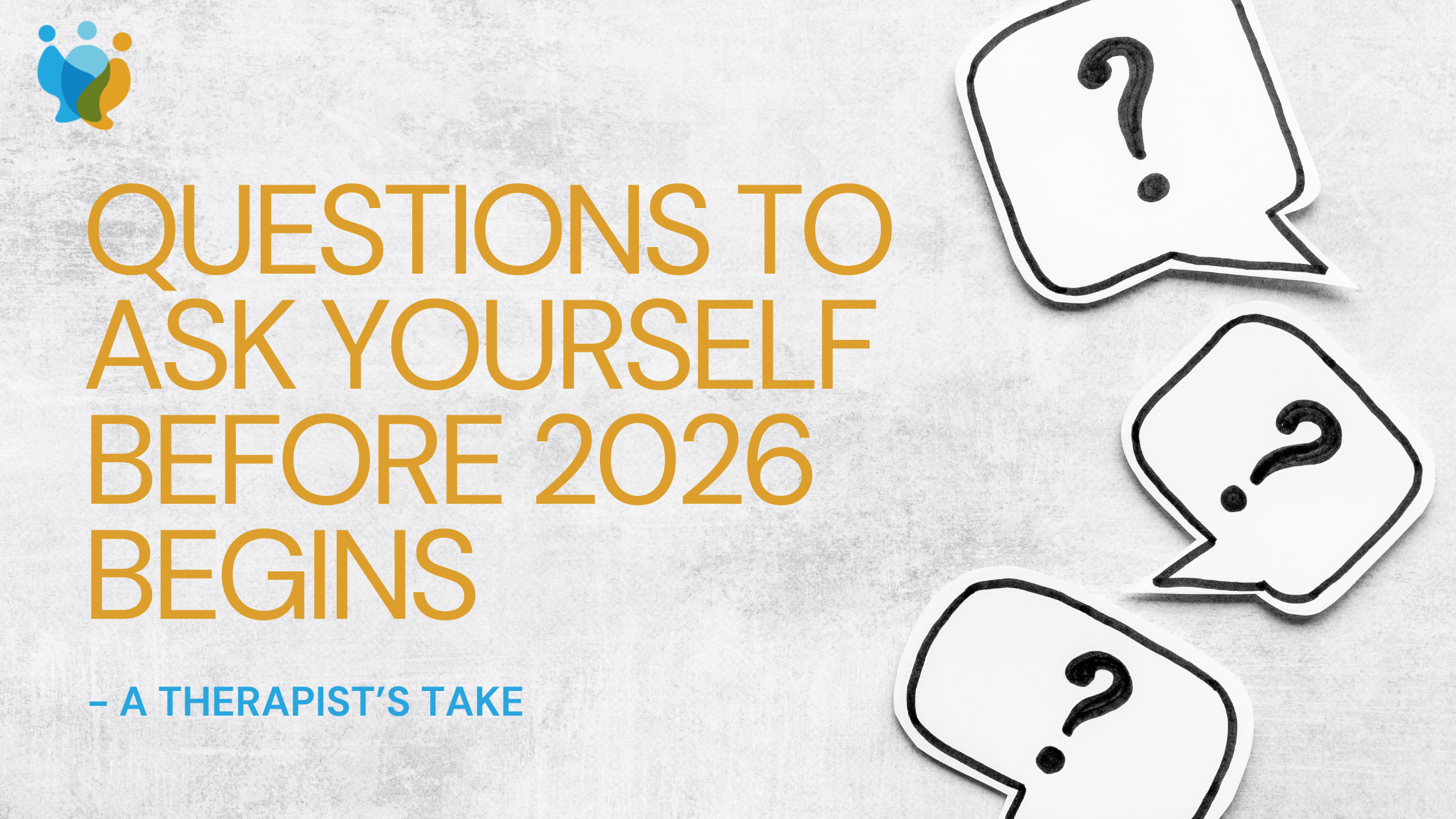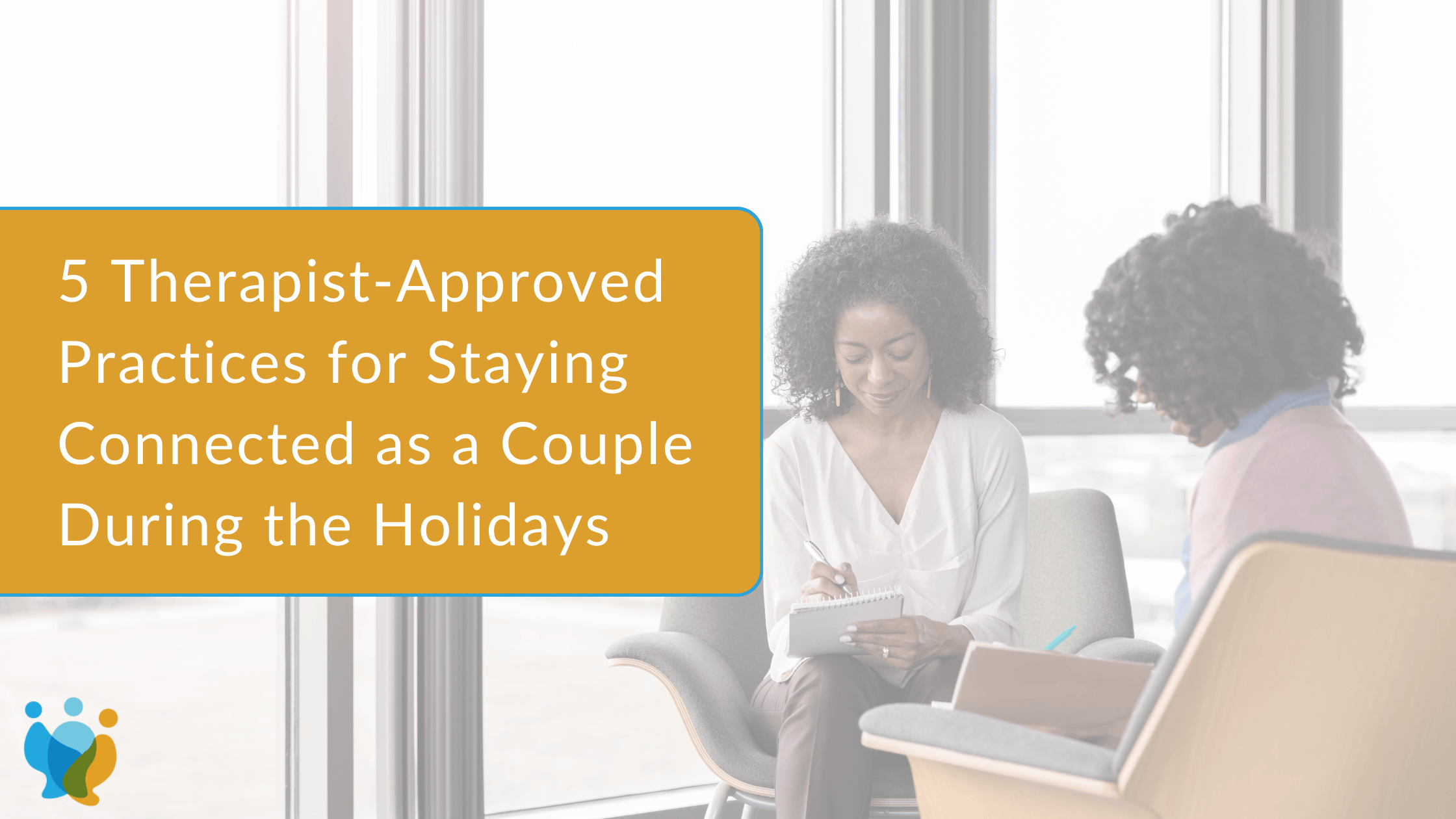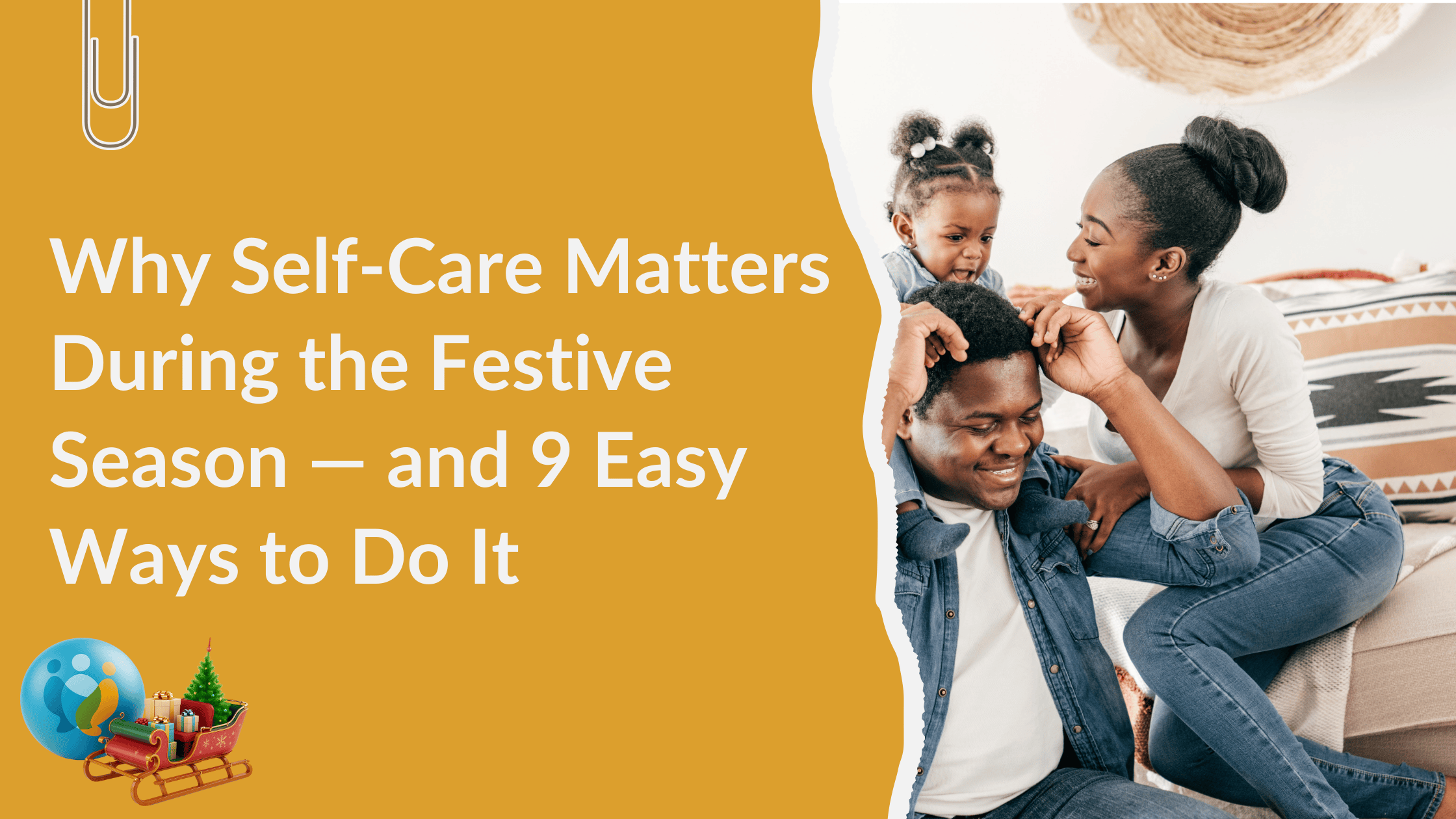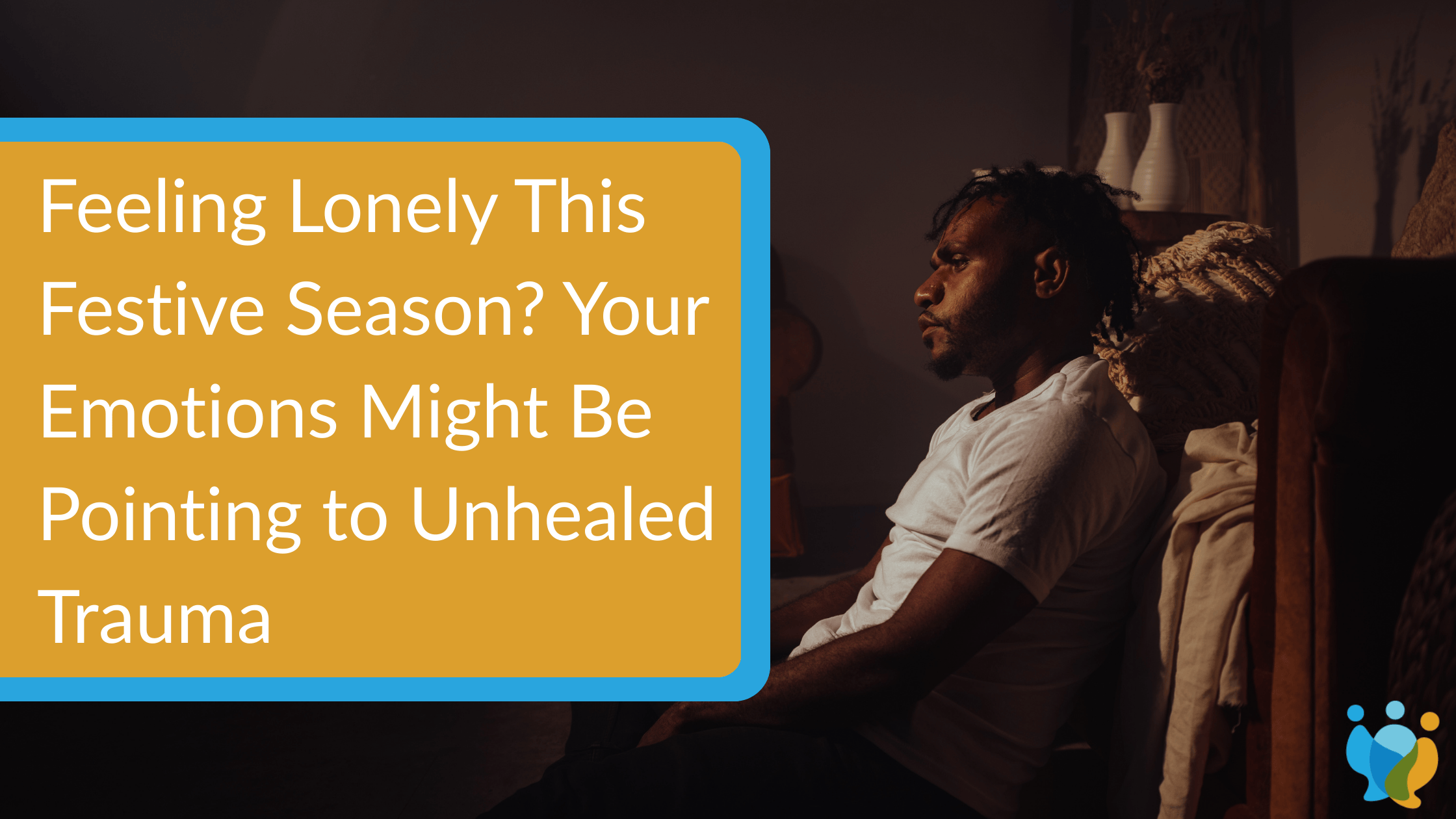Certificate in Counseling Psychology vs Diploma: Which One Should You Start With?
You’ve felt the nudge for a while now. Maybe it came as a late-night Google search. Maybe it arrived during a heart-to-heart with a friend. Either way, one thing’s clear, you’re ready to start a career in counseling. But the moment you start digging, you hit a big question: Should you start with a Certificate in Counseling Psychology or dive straight into a Diploma?
It’s not just a matter of course duration or cost. This decision can shape your path, your confidence, your qualifications, and ultimately, how soon you start making an impact. So how do you choose the right starting point?
This article breaks it all down, no jargon, no fluff. Just clear insights into what each course offers, who it’s for, and how to decide what fits your goals best.
Understanding the Basics: What Is a Certificate vs a Diploma in Counseling Psychology?
Let’s break it down. A Certificate in Counseling Psychology is like dipping your toes into the water. It introduces you to key ideas like self-awareness, empathy, active listening, and basic theories of counseling. Think of it as the warm-up before the full race. Most certificate courses last 6 months, require just 6.5 hours per week, and are open to anyone with a KCSE D grade or above.
The program at Clarity Counseling is KNEC-accredited, offers flexible evening and Saturday classes, and even includes subsidized therapy sessions for students. You can study in-person in Nairobi or online, which is perfect for working professionals or diaspora learners.
On the other hand, a Diploma in Counseling Psychology goes deeper. It’s the main course. It builds on what the certificate covers and takes you into more complex areas: clinical approaches, psychology research, mental health assessment, and hands-on practicum. Clarity’s diploma program runs for 2 years (6 semesters, 30 units) and is TVETA-accredited.
You’ll explore humanistic, psychodynamic, and cognitive-behavioral models, participate in a supervised practicum, and gain real client exposure. The diploma welcomes students with a KCSE certificate or equivalent, and offers online, physical, evening, and weekend classes, making it ideal for professionals or parents balancing multiple responsibilities.
So, the core difference? Depth and commitment. A certificate gives you a taste. A diploma trains you for real-world counseling work.
Side-by-Side Comparison Table Certificate vs. Diploma in Psychology
| Feature | Certificate in Counseling Psychology | Diploma in Counseling Psychology |
| Duration | 6 months | 2 years (6 semesters) |
| Entry Requirements | KCSE D plain | KCSE C- (minus) or equivalent |
| Study Depth | Foundational | Advanced + Practicum |
| Career Readiness | Limited roles | Ready for independent practice counseling roles |
| Cost | KES 50,000 | Higher investment (variable) |
| Accreditation | KNEC | TVETA |
| Format | In-person or Online | Online or In-person |
Which One Should You Start With? (Based on Your Situation)
There’s no single path that fits everyone. But there are clues to help you figure out your best first step.
If you’re still feeling things out, not quite sure if counseling is your thing, a certificate makes sense. It’s short, affordable, and low-pressure. You’ll get a solid introduction without diving in too deep too soon.
But if you’ve done your research, maybe even taken a few short courses, and you’re clear that you want to become a professional counselor? Then going straight into the diploma might be smarter. It saves time in the long run and puts you on a faster track to client-facing work.
Sometimes, it’s not just about interest, it’s about healing. Maybe you’ve been through something heavy, and you feel a pull to help others. In that case, the certificate can act as a kind of mirror. It builds self-awareness and gives you time to grow personally before carrying the weight of others’ stories.
What if you’re eager to start earning as soon as possible? Again, the diploma wins. It opens more doors.

Career Outcomes: What Can You Do With Each and Earn?
Certificate holders often work in support roles. Think peer counseling, school-based programs, or even church or community initiatives. These aren’t formal clinical jobs, but they allow you to make a difference.
You might help run group sessions, offer emotional first aid, or become a trusted point of contact in your community. Some certificate holders go on to become mental health advocates or start small initiatives focused on wellness. It’s a stepping stone.
Diploma graduates, on the other hand, can start working in entry-level counseling positions. That could mean supporting clients in an NGO, serving in schools, or working in mental health organizations. You could also pursue internships under licensed counselors, preparing you for even higher qualifications.
You might find yourself in mental health hospitals, employee assistance programs (EAPs), private clinics, or even starting your own practice if you continue with licensing. That’s the power of a comprehensive, accredited diploma.
What You Need to Qualify for Either a Diploma or Certificate in Counseling
To join a certificate program, all you typically need is a KCSE D grade, a willingness to learn, and an open heart. Clarity’s program also includes a short form with your motivation and preferred schedule.
For the diploma, you’ll need a KCSE C- grade or equivalent, plus a short statement of interest. Whether you’re fresh out of school or already have a degree, you’re welcome to apply. The diploma is designed for career starters and career changers alike.
Soft skills matter, too. Can you listen without judgment? Do people naturally open up to you? Are you emotionally steady? These traits don’t show up on a transcript, but they’re essential.
How Much Can You Earn in Kenya with a Certificate in Counseling Psychology?
While certificate holders often begin in entry-level support roles, there’s still strong potential for meaningful, paid work, especially in community organizations, NGOs, schools, and church-based counseling. On average, early-career counselors with a certificate may earn between KES 20,000–35,000 per month, depending on the setting and hours worked.
Your income may also grow over time as you build experience, pursue continuous training, and move into higher-paying institutions. Think of the certificate as a stepping stone, it gives you access to the field, credibility, and a foundation for future specialization.
How Much Can You Earn in Kenya with a Diploma in Counseling Psychology?
Let’s talk numbers.
Entry-level counselors in Kenya often start with salaries between Ksh 30,000 to 50,000, especially in NGOs or school settings. With experience, that can climb to Ksh 70,000 or more, particularly in urban areas or private facilities.
Some diploma holders supplement their income by facilitating workshops, doing group counseling, or offering phone-based support services. Over time, you can even transition into private practice, which opens the door to much higher earning potential, if you’re licensed and trusted.
But here’s something you might not expect: impact and fulfillment often outweigh the paycheck. Many counselors stay in the field not for the money, but because they know their work saves lives.
Is Counseling Psychology a Good Course in Kenya Today?
In a word? Yes.
Mental health conversations in Kenya are finally gaining ground. Schools, churches, HR departments, and community organizations are waking up to the reality that people need help navigating anxiety, depression, trauma, and burnout.
That means more jobs, more respect, and more room for growth.
There’s also growing demand for mental health professionals in the diaspora market, especially for Kenyan immigrants seeking culturally aware counselors. That means your diploma or future degree could take you beyond borders.
Fastest Path to Becoming a Counseling Psychologist in Kenya
The quickest route? Start with a Diploma if you qualify. From there, you can proceed to a Bachelor’s Degree in Counseling Psychology, then internship, then licensing. Some universities even offer flexible learning so you can study while working.
Alternatively, if you’re not yet qualified for a diploma, start with a certificate, then use that to gain entry into the diploma.
It’s a ladder. And every step counts.
In total, becoming a fully qualified counseling psychologist might take 5 to 7 years, depending on how fast you move and whether you study full-time or part-time. But every milestone along the way prepares you to serve with more confidence.
Types of Counseling and Specializations You Can Pursue
Most people think counseling is just sitting across from someone and listening. But there’s so much more to it.
There are four main types of counseling you’ll learn about:
- Individual counseling – One-on-one sessions, often for anxiety, grief, or trauma.
- Group counseling Therapy in Kenya – Working with people facing similar issues in a group (e.g., addiction recovery groups).
- Family and marriage counseling – Helping couples and families work through conflict.
- Child & Teenage Therapy in Kenya – Helping children and teenagers through season changes in their live.
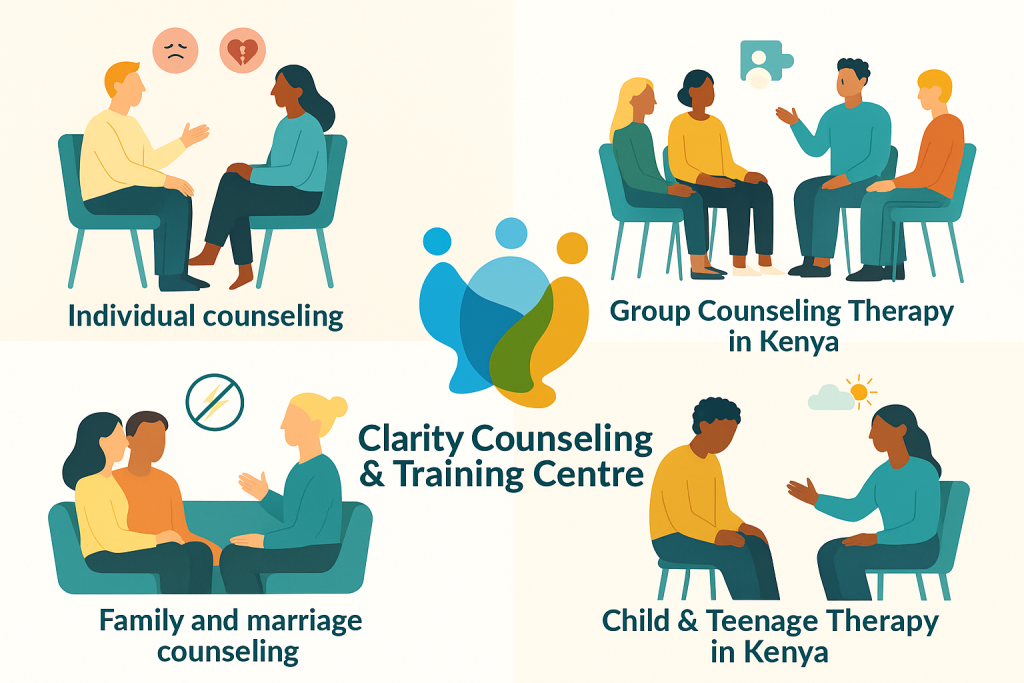
Want to specialize? Areas like trauma-informed care, adolescent therapy, addiction counseling, and workplace mental health are all in demand.
And in terms of income? Corporate counseling and private practice tend to be the most lucrative. Counselors who work with trauma, grief, or conflict resolution also earn more because of the specialized skills involved.
So, don’t box yourself in. Counseling isn’t just one thing. It’s a whole world of paths, people, and possibilities.
Which Course Is Best in Counseling Psychology?
You already know this isn’t a simple answer. The best course isn’t just the one with the longest title or highest entry requirement. It’s the one that meets you where you are and takes you where you want to go.
If you’re new, uncertain, a high school leaver looking to invest in their personal growth, or looking for a course in Psychology that complements your current profession, the certificate gives you a safe, guided space to start. If you’re ready to make a career out of counseling, the diploma equips you with what you need to begin the work.
And here’s something counterintuitive: starting small doesn’t mean dreaming small. It means building a firm foundation. Plenty of amazing counselors started with a certificate and kept climbing.
What matters more than the title of your course? Your heart. Your readiness. Your willingness to grow.
So, Which One Should You Start With?
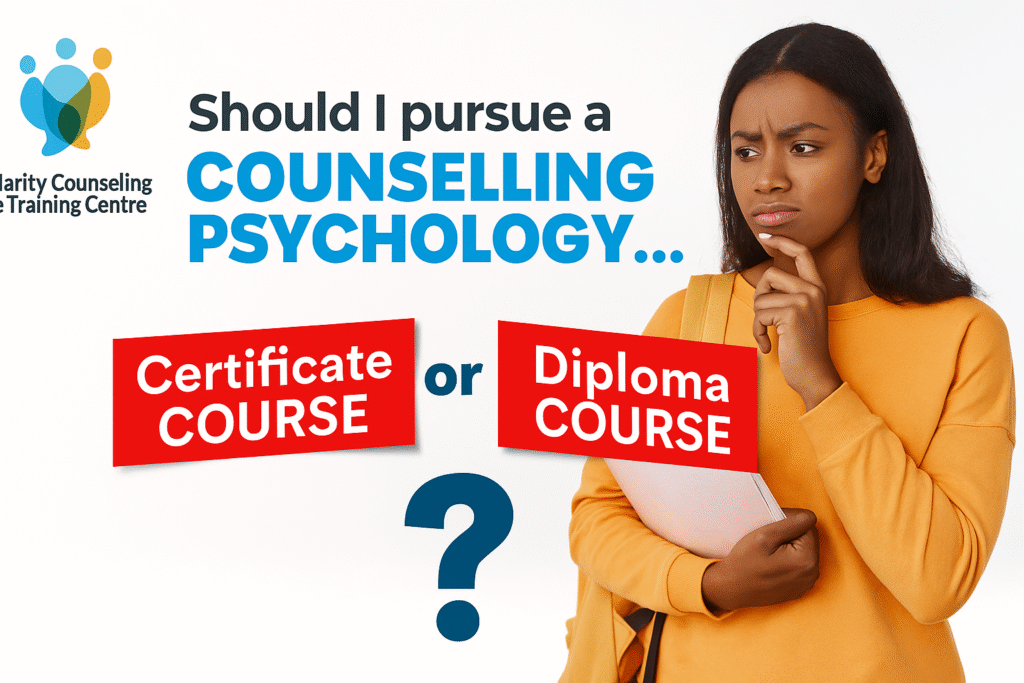
Both the Certificate in Counseling Psychology and the Diploma offer solid foundations, but they serve different seasons of your life and goals. If you’re testing the waters, unsure of your path, or need something flexible and affordable, the Certificate is a wise, empowering first step. If you’re ready to deepen your commitment, grow your qualifications, and pursue counseling long-term, the Diploma could be your next bold move.
The real question is: Where are you on your journey right now?
At Clarity Counseling and Training Centre, we don’t just offer courses, we guide futures. Whether you’re choosing the Certificate or the Diploma, our trainers we’re here to help you start well, grow wisely, and serve powerfully.

